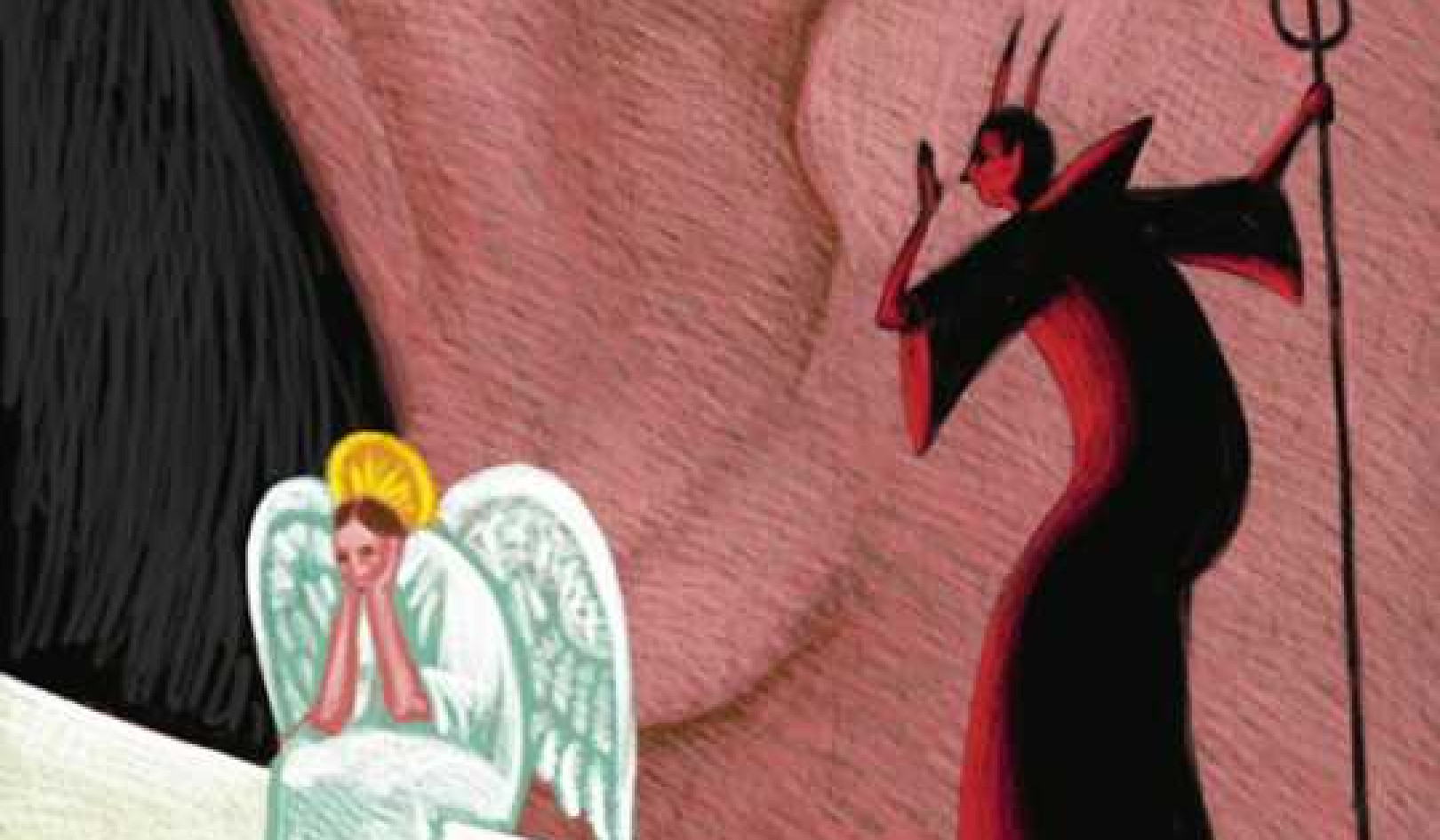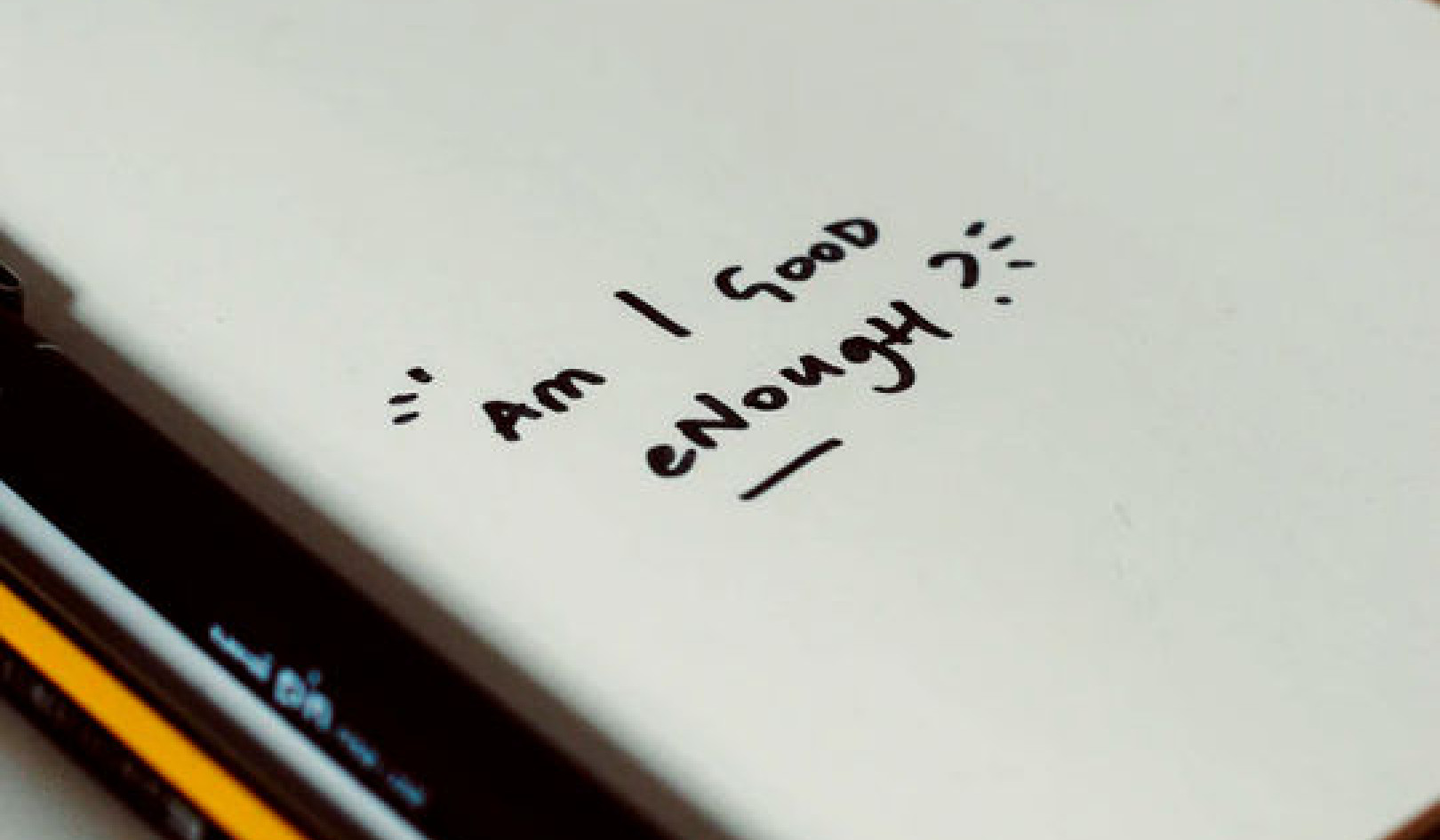
Take a minute, if you will, and ask yourself this question: How often do you tell the special people in your life exactly what it is that you love most about them? How often do you identify what's good about your spouse, lover, children, sisters, brothers, dad, mother, uncles, aunts, friends, and colleagues -- and actually put it into words so there can be no doubt?
Are you constructive? Do you celebrate what's good? Do you extol the ones you love, tell them how and why you love them in very specific detail? Most of us don't take the time to find the good and praise it -- or we don't know how.
In life, our gestures of love go much further if they are indelible, positive, and specific. Our caring should not be left in doubt. When asked the question, "How do I love thee?" each of us should be ready and able to count the ways.
Three Secrets of Good Communication
* Communication must be regular
* Communication must be constructive
* Communication must be specific
People in great relationships seem to grasp that life is too short to keep affections locked up or left to the imagination or chance expression.
They know that they must rely heavily on the precious gift that makes human beings so special -- the gift of language. They know that positive words are building blocks that help us to foster strong connections and achieve rapport. They understand that when good communication suffers, so do intimacy and closeness, the very special cornerstones of a life worth living. Without these things, without the warmth and the love of the people around us, most of us would feel a gaping hole in our lives.
But creating intimacy doesn't come naturally to everyone. Intimacy takes effort, and it takes time. Sure, there are special occasions when we all testify to what we feel inside -- the birthdays and the anniversaries, the holidays and the milestones in life. That's usually when we run out to the card or gift shop because we have permission -- or are required -- to show that we care. We buy the beautiful bouquet of flowers. Or the box of chocolates. Or we get a greeting card awash in pastel colors and adorned with a poetic inscription. We try to put our affections in a neat prepackaged box with a pretty ribbon and bow.
On many occasions, these thoughtful gestures suffice. We are a society of "special occasion" love, and our loved ones know and understand this. But what about the in-between times in life? Or the everyday affections and sentiments? And the most deep-seated feelings we hold in our hearts for the significant people who make up the fabric of our lives? All too often, those important emotions stay bottled up. Our children, our friends, our spouses, our lovers, our family members -- we think they know how we feel about them. Often, the very best of what we feel about the close companions who accompany us on our journey through life remains locked inside.
Sometimes it takes a crisis to get out the key or pick the lock. An illness. A calamity. An accident. Or worse. Then, suddenly, the words and the feelings come tumbling out. Imagining life without that person we love makes us remember why we love that person to begin with. If that special person weren't in the equation, what would be lacking? Maybe everything. And do we ever think to say it?
A relationship counselor with a thriving practice once confided the most effective technique he uses with couples in trouble: At the beginning of every counseling session he asks the quarreling partners to take off their rings (if they wear them) and put them in front of each other. Then the counselor asks each partner to articulate why he or she gave the ring to the other person to begin with. Watching the couples awkwardly shift in their seats, the counselor waits for perfect stillness to settle before going on.
"So," he states deliberately. "A ring is a powerful symbol of love, a circle of affection for all eternity. What did you see in your partner that made you exchange rings?"
Usually, at this point, you can hear a pin drop. A lot of throat clearing is followed by a lot of soul searching and then, quite often, an avalanche of words spills out -- accompanied by tears. The tissues and the handkerchiefs mount up in a heap, along with the dawning recognition that the all-important truth of why they love each other has long gone unspoken, that the light of the truth has dimmed.
"Tell each other," the counselor prompts. "Remind your partner what you love and care about in one another." As the partners recall why the relationship took shape to begin with, the words often become the cement in which the love sets anew.
Reprinted with permission of the publisher,
William Morrow, an imprint of HarperCollins Publishers. ©2002.
Article Source
What I Love Most About You: A Keepsake Book for the One I Treasure
by Joann Davis.
 What I Love Most About You is in a small gift format, with both pre–made and do–it–yourself elements. Between the pages you will find a long list of attributes that enable readers to highlight and asterisk, personalising it for the one they love. Included also are blank pages for special notes, love aphorisms and illustrations. It is the perfect expression of love, even when one isn‘t sure how to express it.
What I Love Most About You is in a small gift format, with both pre–made and do–it–yourself elements. Between the pages you will find a long list of attributes that enable readers to highlight and asterisk, personalising it for the one they love. Included also are blank pages for special notes, love aphorisms and illustrations. It is the perfect expression of love, even when one isn‘t sure how to express it.
Click here for more info and/or to order this book.
About the Author
 Joann Davis has spent most of her career working with books. A former news editor at Publishers Weekly, an editor at the publishing imprints Warner Books, William Morrow, and HarperCollins, Joann acquired and edited a number of bestsellers, among them The Celestine Prophecy. She is the author of nine books including, The Best Things in Life Aren't Things, What I Love Most About You, The Little Secret that Can Change Your Life, and A Friend is a Gift.
Joann Davis has spent most of her career working with books. A former news editor at Publishers Weekly, an editor at the publishing imprints Warner Books, William Morrow, and HarperCollins, Joann acquired and edited a number of bestsellers, among them The Celestine Prophecy. She is the author of nine books including, The Best Things in Life Aren't Things, What I Love Most About You, The Little Secret that Can Change Your Life, and A Friend is a Gift.
More books by this Author
at InnerSelf Market and Amazon


























